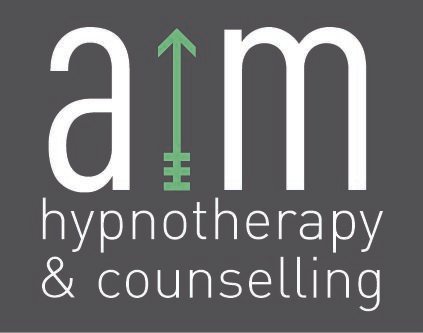How important is diet when it comes to treating depression?
This article in psychology today suggest that food allergies could be cause of many peoples depressive symptoms. The link between mind and body is one we need to keep reminding ourselves. This reminder is especially because of the divide within western medical models of health.
Food allergies can lead to many emotional health problems. Recently Gluten allergies and sensitivities have been getting more media attention and it has become a health concern for many people.
Some examples the consequences of Gluten intolerance includes
- Anemia
- Anorexia
- Arthritis
- Behavioral changes
- Depression
- Fatigue
- Infertility
- Joint pain and inflammation
- Migraine headaches
- Missed menstrual periods
- Numbness and tingling of the hands and feet
- Osteoporosis
- Seizures and other neurological problems
- Skin lesions
- Tooth decay and discoloration
- Weakness
- Weight loss
At Aim we promote a holistic view of health because we believe food, nutrition and exercise are important components of mental health. By unpacking and exploring all aspect of our lives we can better understand the sources of our frustrations, our challenges as well as the sources of happiness and fulfillment.



